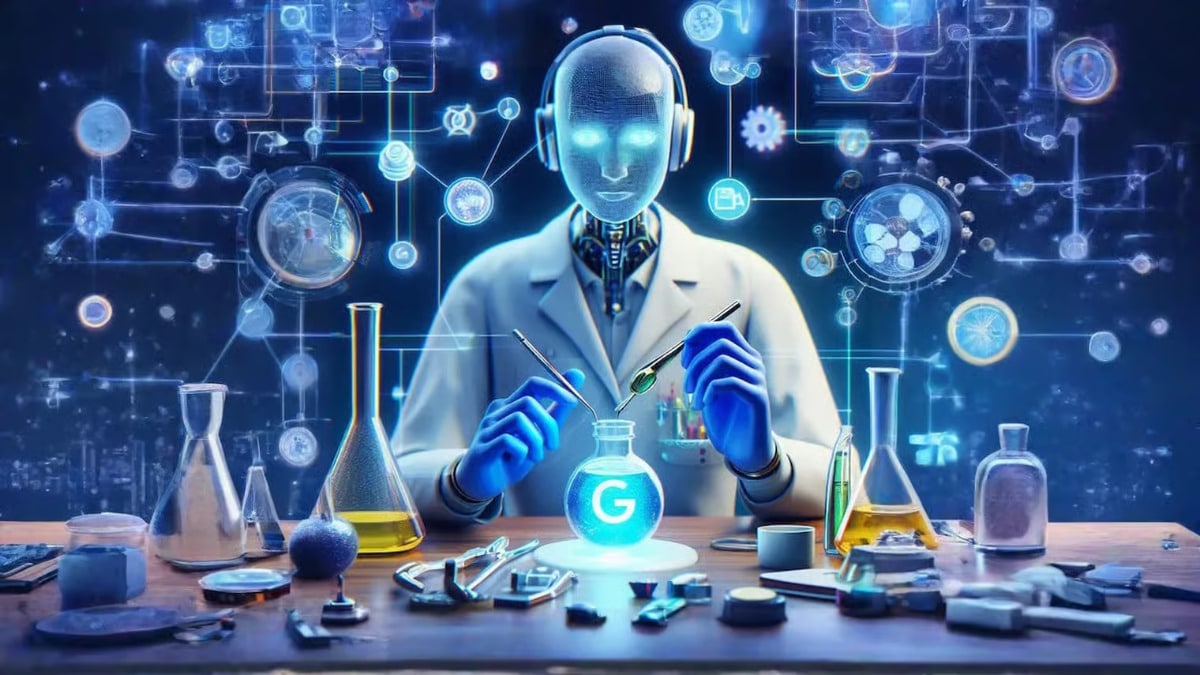For a decade, scientists at Imperial College London worked to unravel how certain bacteria evolve into dangerous superbugs, resistant to antibiotics. Then came Google’s new AI system, Co-scientist. In just 48 hours, it generated the exact same hypothesis—stunning the team and raising big questions about the future of research.
When José R. Penadés, one of the lead researchers, saw the results, he was so shocked he emailed Google to ask if they had hacked his computer. They hadn’t. The AI had simply combed through vast amounts of data and reached the same conclusion—at lightning speed.
Co-scientist could have saved years of work
Of course, a big part of those ten years was proving the hypothesis—something AI can’t shortcut. But had they started with the right lead, the team estimates they could have saved years. Even more impressive, Co-scientist generated four additional, entirely plausible hypotheses. One of them was completely new to the scientists, and they now plan to investigate it further.
This is where AI shows its strength. While prone to occasional hallucinations, systems like Co-scientist can process massive collections of research papers and uncover connections that would take humans far longer to piece together.
A tool to accelerate—not replace—scientists
Some worry AI could replace human jobs. But others, including Penadés, see it as a way to accelerate research, freeing scientists to focus on the most critical parts of discovery. “I think this will change science, that’s for sure,” he said. “I’m seeing something spectacular, and I’m thrilled to be part of it.”
Google’s Co-scientist may not replace the painstaking work of proof, but by surfacing strong hypotheses in days instead of years, it could reshape the pace of scientific discovery—and change how humanity tackles its biggest challenges.
![]()
Edward Back
Journalist
My passion for programming began with my very first computer, an Amstrad CPC 6128. I started coding in Basic, then moved on to Turbo Pascal on a 286, eventually exploring more modern languages including web development. I’m also deeply interested in science, which led me to attend a math-focused preparatory program. Later, I studied psychology with a focus on the cognitive aspects of artificial intelligence.


